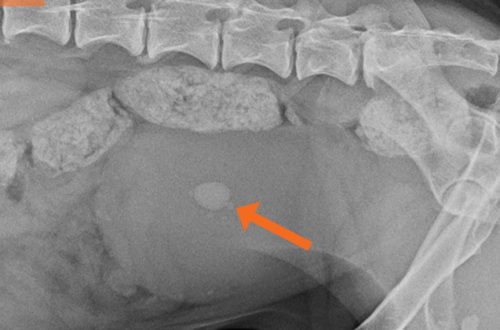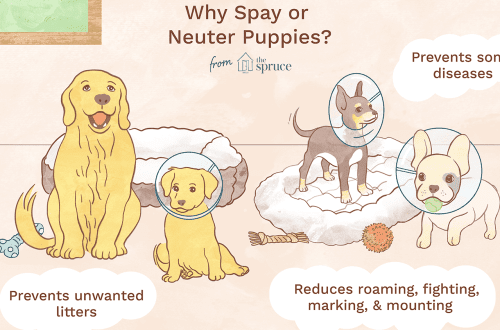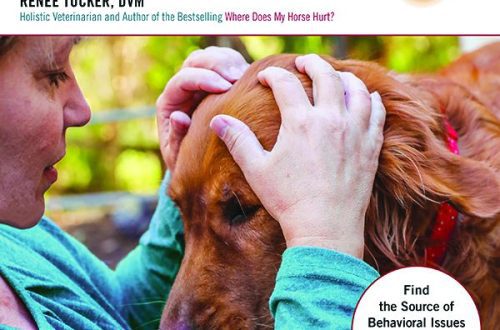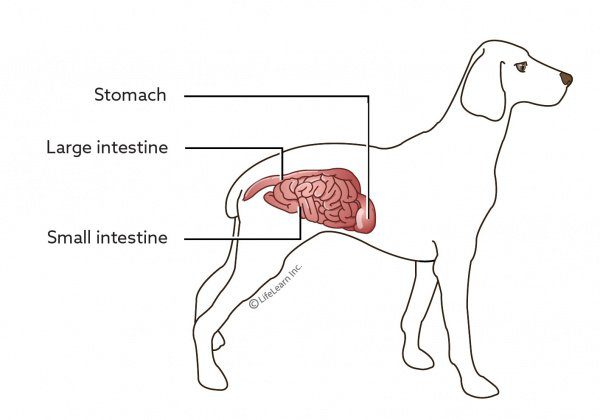
Enteritis in dogs – symptoms and treatment

Contents
- Enteritis in dogs – what is it?
- How is enteritis transmitted in dogs?
- Symptoms of enteritis in dogs
- Diagnostics
- Treatment of enteritis in dogs
- Signs and treatment of enteritis in puppies
- Possible complications
- Prevention
- Danger to humans
- Enteritis in dogs – the main thing about the disease
- Answers to frequently asked questions
Enteritis in dogs – what is it?
You’ve probably heard the term “enteritis” but probably don’t know what it is and how it can affect your four-legged friend.
Enteritis is an inflammation of the mucous membrane of the small intestine, which is characterized by an acute course and is most often accompanied by severe poisoning of the body, diarrhea.
There are many reasons that can cause inflammation of the small intestine in a dog. Often they include: mechanical (blockages – intestinal obstruction with feces, bones, etc.), parasitic (helminths, giardia), bacterial (shigella, salmonella, clostridia, staphylococcus, E. coli), viral (parvo-, corona-, rotovirus enteritis), medication (side effect of drugs). The course of the disease can be acute or chronic. Acute occurs suddenly, quickly, and often veterinary specialists do not have time to save pets due to the fact that some of them die within a few hours after infection.
The most dangerous and common cause of intestinal damage in dogs is enterovirus infection. It is believed that breeds such as Dobermans, Labradors, Spaniels, Rottweilers, Terriers, German Shepherds are most susceptible to such a virus.
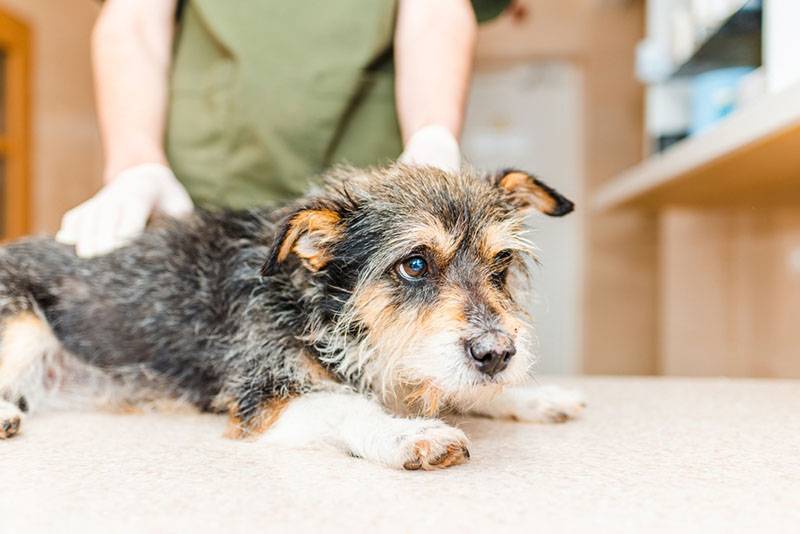
Parvovirus enteritis
It is considered to be the most dangerous type of infectious enteritis in dogs. This disease is characterized by an acute course, very contagious, ubiquitous, affecting mainly puppies up to 6 months of age (there are cases of incidence up to 1,5 years). It is accompanied by vomiting, bloody diarrhea with a specific fetid odor, dehydration. The disease is caused by pathogens of the genus parvovirus. It is the most common infectious cause of death in dogs.
Coronavirus is considered the second no less dangerous causative agent of viral enteritis. Coronavirus enteritis is transmitted very quickly and is characterized by inflammation of the intestines, dehydration and exhaustion of the body. If we compare the coronavirus and parvovirus forms of the disease, then the first is weaker, but does no less harm to the body.
Dogs of all breeds and ages are susceptible, however, it is noted that puppies in group keeping (kennels) up to 5 months of age are most sensitive to the disease.

Rotavirus enteritis
It is a less dangerous disease among enteritis caused by viruses. It is rarely fatal, but it is ubiquitous and highly contagious. It is often a form of intestinal infection. In veterinary and medical practice, an infectious disease caused by viruses of the rotavirus family is commonly called “intestinal”, “stomach flu”. Susceptible are weakened puppies, with an unformed immune system, dogs that are kept in poor conditions, as well as decorative breeds. The disease is especially dangerous for puppies from two to four months old, but in adult dogs, rotovirus enteritis is less common.
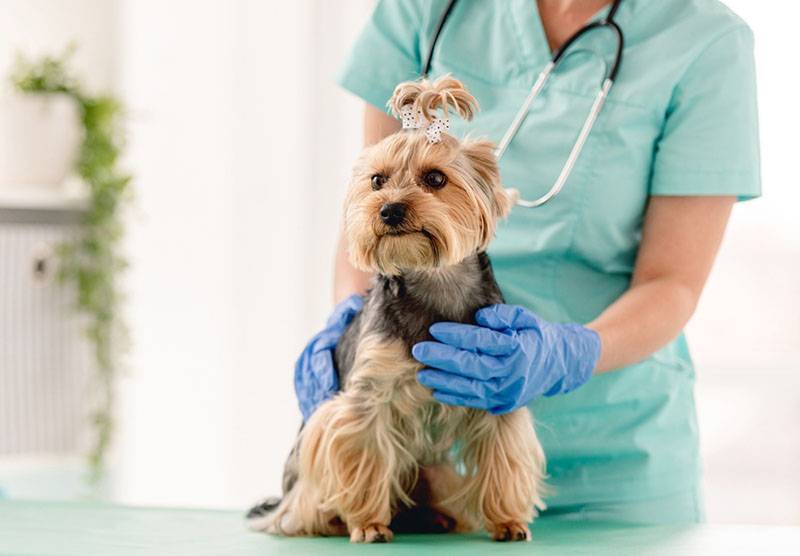
How is enteritis transmitted in dogs?
The isolation of the virus occurs in the feces, and since it is stable in the environment, it will be one of the main sources of the disease. The disease is rarely transmitted directly from a sick dog to a healthy one. As a rule, two ways of transmission of the disease are noted:
Transplacental – from mother to fetus, through the placenta.
Contact – eating food, feces infected with a virus, getting on shoes, clothes of the owner, who were in contact with a sick animal.
If a new pet is taken to a house where canine enteritis of an infectious nature was previously encountered, it is believed that all objects that have come into contact with the secretions (feces) of the patient must be destroyed.

Symptoms of enteritis in dogs
Symptoms of the disease will depend on what caused the enteritis. We will discuss with you the symptoms of enteritis caused by viruses.
Only about 10% of those infected parvovirus infection dogs become ill and will have symptoms. They are characterized by: fever, incessant vomiting and diarrhea (profuse – that is, emitted by a stream), which have an unpleasant specific odor. In the feces, particles of intestinal tissue can be observed. Death often occurs 72 hours after the onset of the disease, mostly on the second and fourth day of the disease. The chances of recovery are higher if the pet is alive on the fifth day of illness. Most often, the disease lasts about 1-3 weeks.
When the owner of the animal notices changes in the behavior, condition of the pet, this is already a reason to contact a veterinary specialist.
enteritis caused by coronavirus infection, in most cases proceeds without clinical manifestations. But there are also cases when we observe vomiting, bloody, watery diarrhea in a pet, as with parvovirus. But with this disease there will be severe dehydration of the body, exhaustion. But we will not observe an increase in temperature. Recovery occurs more often 7-10 days after the onset of the disease.
Most rotavirus infections is asymptomatic. Diarrhea and general upset appear in the presence of other pathogenic agents and predisposing factors.
Diagnostics
Without laboratory diagnosis, the doctor may tentatively assume that the pet has enteritis caused by an infection, based on a combination of medical history (medical history), vaccination, and symptoms. For laboratory diagnosis, doctors use the following research methods:
Complete blood count (in the first 4-6 days of the disease with parvovirus enteritis, a decrease in leukocytes will be characteristic, which will not happen with the coronavirus type of disease, an increase in hematocrit is also observed);
Biochemical blood test + control of the level of blood electrolytes;
Examination of feces and blood by PCR and ELISA (enzymatic immunoassay). It is necessary to identify specific antibodies, so you can determine which infection caused enteritis;
For the purpose of rapid diagnosis, it is possible to use express tests (for example, VetExpert CPV / CCV Ag), however, a negative result does not exclude the presence of an infection, in the case of a positive result, the presence of a virus in the body is confirmed;
Ultrasound (determines which specific parts of the gastrointestinal tract are affected).
After the studies, the doctor will make a diagnosis and prescribe the appropriate treatment.
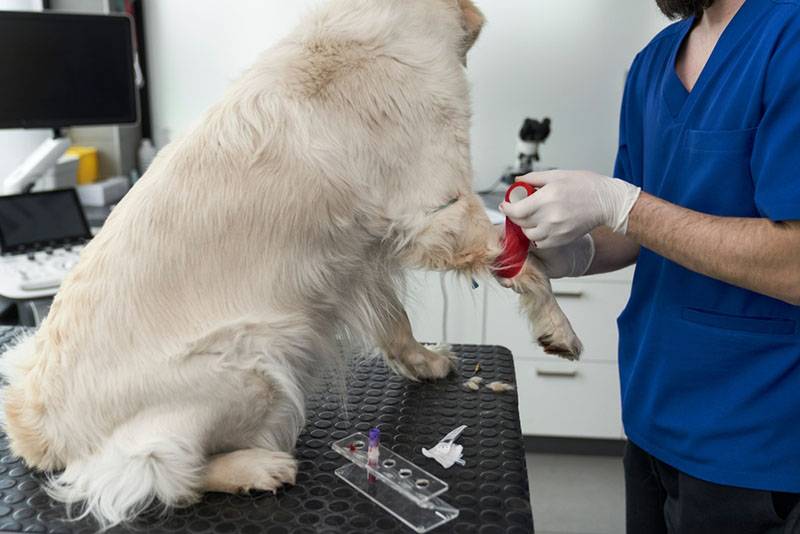
Treatment of enteritis in dogs
Before you start treating your pet, you need to determine the type of disease and pathogen.
As a rule, the treatment of a pet with enteritis occurs in a hospital setting. At the moment, there is no specific antiviral treatment for canine enteritis, which is of a viral nature. Therapy for the treatment of enteritis of various origins is similar to each other and is aimed at eliminating the symptoms of the disease.
Basically, symptomatic therapy is used in the treatment, which includes the following groups of drugs.
Gastroprotectors – drugs to protect the mucous membrane of the gastrointestinal tract – omeprozol (Omez), famotidine (Kvamatel), sucralfate (Venter, Antrepsin);
Antiemetics – maropitan citrate (Sereniya, Maropital), ondasetron (Latran);
Prokinetics – drugs that stimulate the gastrointestinal tract – metoclopromide (Cerukal);
Antibiotics used for enteritis in dogs: amoxicillin + clavulanic acid (Amoxiclav), cefazolin, tylosin (Farmozin), metronidazole (Metrogil), etc.
It is also necessary to control hypoglycemia (decrease in blood glucose levels). With a decrease, intravenous administration of a glucose solution is carried out. For carrying out infusion therapy (droppers), it is necessary to control the level of blood electrolytes (potassium, sodium, chlorine).
What to feed a dog with enteritis?
A starvation diet is contraindicated for a pet, it is urgent to stop vomiting in a clinic and start feeding. Affected dogs usually do not have an appetite on their own, usually force feeding, in some more severe cases, a temporary esophagostomy may be required – this is a special soft silicone tube that passes through the esophagus into the stomach to facilitate feeding the patient.
Feeding, as a rule, occurs fractionally up to 4-5 times a day.
Dogs should be fed soft, easily digestible food. Hill’s, Purina, and Royal Canin manufacture veterinary diets carefully formulated to be nutritionally balanced and gentle on the gastrointestinal tract, which is important for canine enteritis. These include: Hill’s Prescription Diet Digestive Care i/d Dry Dog Food, Hill’s Prescription Diet Digestive Care i/d Wet Dog Food, Purina ProPlan Veterinary Diets Gastroenteric Dry Dog Food, Purina Pro Plan Veterinary Diets Gastroenteric Wet dog food, Royal Canin Veterinary Diet Gastrointestinal dry low fat dog food, Royal Canin Veterinary Diet Gastrointestinal LowFat wet dog food.
Usually, the diet lasts up to 2-4 weeks, after which, according to the doctor’s testimony, you can smoothly return to your usual diet.
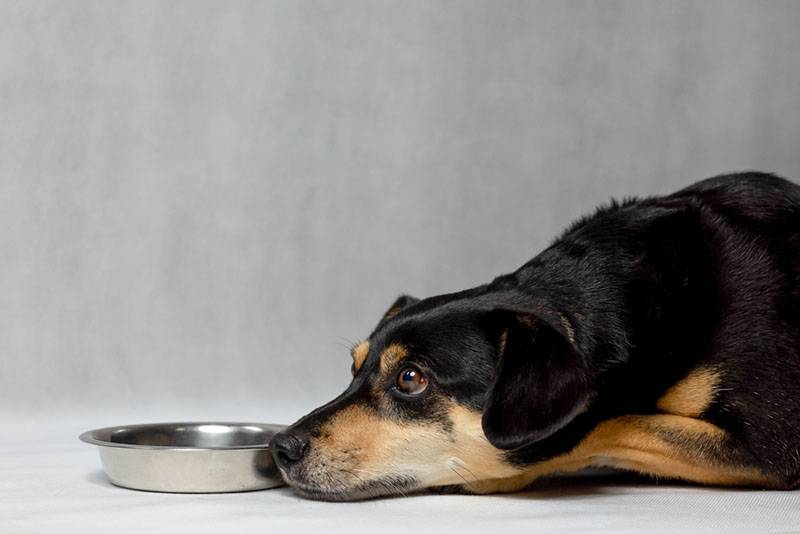
Signs and treatment of enteritis in puppies
Puppies between 2 and 12 weeks of age are more likely to be affected. But compared to adults, enteritis in puppies is more severe and in 90% of cases is fatal. At risk are unvaccinated puppies, as well as puppies after early weaning from their mother.
Symptoms and treatment of enteritis in puppies do not differ from adult animals.
Possible complications
Despite timely therapy, enteritis can cause complications. The most possible are: developmental delay in puppies, heart failure, disorders in the work of the musculoskeletal and reproductive systems.
Prevention
You can prevent enteritis in your pet by taking certain steps:
Make sure he gets all the recommended vaccinations to prevent serious viruses that make him sick.
Get worming and flea treatments done regularly.
Proper, balanced nutrition is equally important.
Keep your pet on a leash to prevent picking up litter and to avoid contact with feces, stray or unvaccinated animals.
It is necessary to observe quarantine when a new pet appears, as well as after each vaccination.
There are many circumstances that can lead to enteritis in an animal, but the above steps will reduce the risks of morbidity.
If your pet has developed enteritis, early treatment is key. Do not ignore the manifestations of viral enteritis in your dog. Be sure to contact your veterinarian if symptoms last longer than one day.
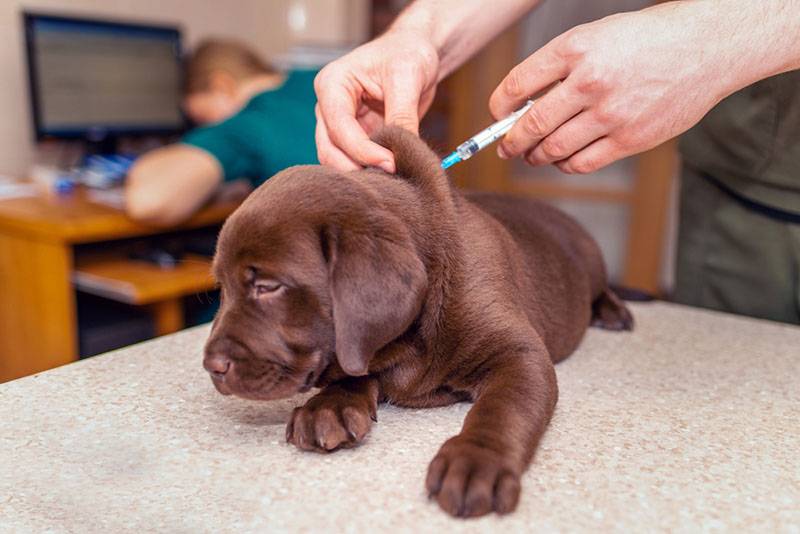
Canine Enteritis Vaccinations
In order to prevent infection with the disease, it is necessary to carry out preventive vaccinations. It is noted that vaccinated animals become infected only in 5-10% of cases, and the disease itself is milder, the risk of death will be reduced.
Vaccination of pets is carried out strictly according to the scheme with vaccines of a domestic or foreign manufacturer.
Showed themselves well – Nobivak DHPPi (Holland), Vanguard (Belgium), Eurikan (France).
We present you a scheme for vaccinating dogs against major infectious diseases:
The first vaccination is made at 2 months of age with a complex vaccine.
Further, a repeated one to establish stable immunity is done after 4 weeks (at 3 months). Together with the repeated vaccination against the rabies virus is also carried out.
The next vaccination is repeated after 4 weeks (at 4 months).
The last reinforcing vaccination is carried out at 1 year (12 months). After vaccination, it is repeated at intervals of 1 time per year.
Danger to humans
As a rule, enteritis is not transmitted to humans and does not pose any danger to humans, just like for animals of other species. A person also suffers from enteritis, but this is a completely different type of disease that is not transmitted from pets. Therefore, the owner may not be afraid to get infected when caring for his sick pet, but you need to remember that he can be a carrier of the disease, because. most often, bacteria take root on clothes and shoes, after getting into the environment. Remember to wash your hands and clothes after handling a sick animal.

Enteritis in dogs – the main thing about the disease
Enteritis is a common disease, characterized by inflammation of the small intestine, accompanied by diarrhea, dehydration, severe poisoning of the body.
The most dangerous causes of enteritis in dogs are those caused by a viral infection. Dogs of all ages get sick, but puppies under 1 year old from the risk group are most susceptible: unvaccinated, vaccinated in violation of the scheme, with crowded (group) content.
The symptomatology of the disease caused by different agents (causes) is similar to each other and differs only in the rate of flow. With enteritis, your dog will show the following signs: fever, diarrhea, refusal to eat, apathy, vomiting. The presence of a number of these symptoms require urgent treatment to the clinic.
For the specific diagnosis of the disease, ELISA, PCR and rapid tests are used.
Currently, there is no specific antiviral treatment for the treatment of viral enteritis. Treatment is aimed at eliminating the symptoms caused by the disease.
Prevention of viral enteritis is timely vaccination. But it is worth remembering that even if your pet is vaccinated, this does not exclude the possibility of the disease.
Answers to frequently asked questions
Sources:
Canine viral enteritis prevalence of parvo-, corona-, rotavirus infections in dogs in the Netherlands / G. A. Drost // Veterinary quarterly, — 2015 № 2 P.4. — P. 181-190. // https://www.ncbi.nlm.nih.gov/pmc/articles/PMC7134481/
Lauren J. Canine Coronavirus, 2022 // https://www.petmd.com/dog/conditions/digestive/c_dg_canine_coronavirus_infection
Malmanger E. Everything You Need to Know About Parvo in Dogs, 2020 // https://www.petmd.com/dog/conditions/infectious-parasitic/c_dg_canine_parvovirus_infection



